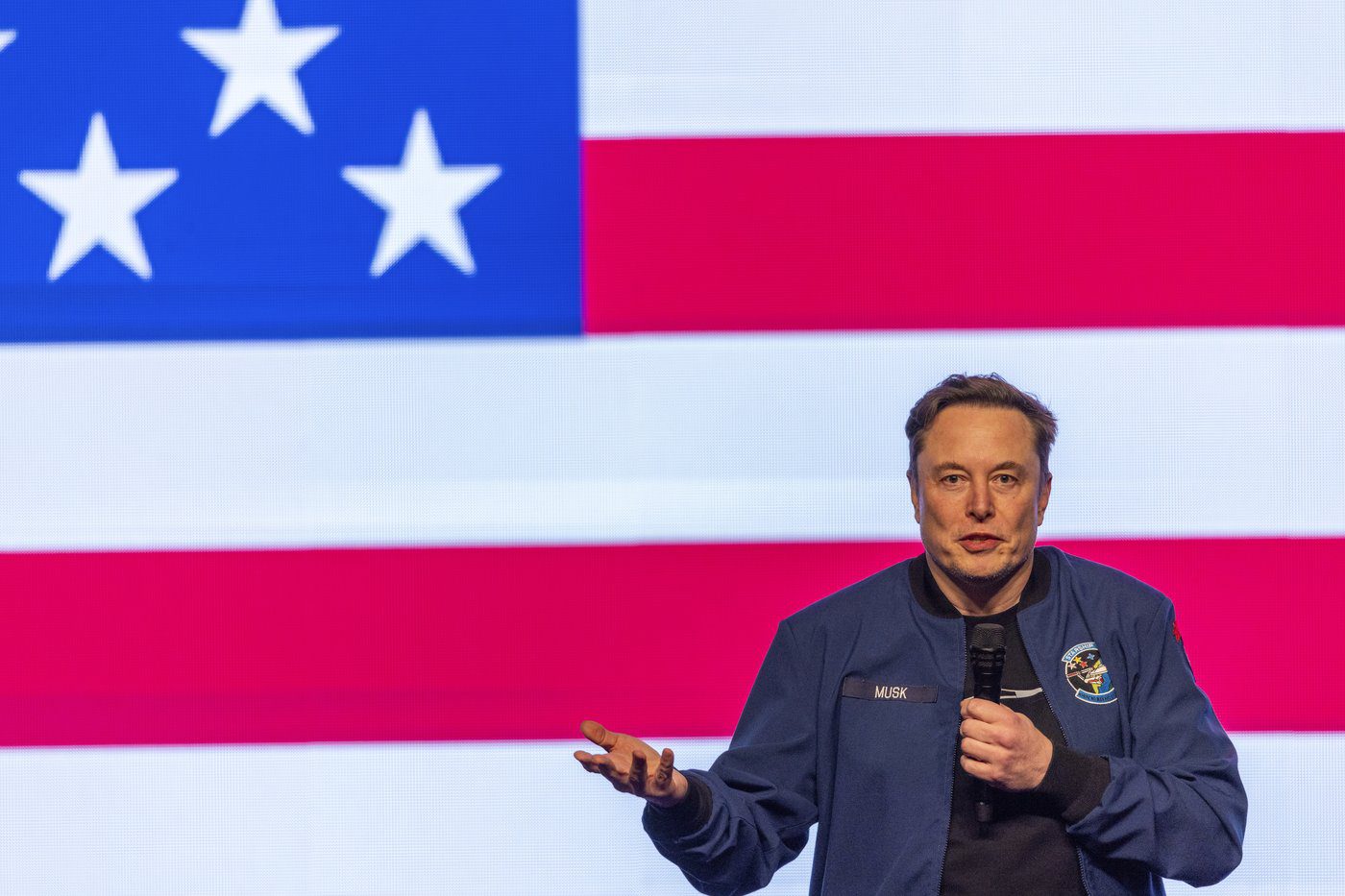The province of Ontario has officially ended its agreement with Starlink, the satellite internet provider operated by Elon Musk’s SpaceX, in what officials describe as a necessary response to escalating trade disputes between Canada and the United States. The decision, announced in late July, is being interpreted as part of Canada’s broader economic strategy to respond to ongoing U.S. tariff policies that have increasingly strained cross-border relations.
Ontario’s Ministry of Infrastructure, which earlier had pledged to utilize Starlink’s low-orbit satellite network to increase the reach of high-speed internet in underserved rural locales, announced the cancellation of the contract during a media briefing. Provincial authorities highlighted that the choice was not related to any performance flaws or technological inadequacies, but was instead a strategic adjustment in line with national and provincial economic strategies aimed at safeguarding Canadian priorities against protectionist actions from the U.S.
The Starlink project initially formed a crucial element of Ontario’s expansive “Accelerated High Speed Internet Program,” which sought to provide nearly universal broadband to the entire province. As many rural homes remain without dependable internet, Starlink’s satellite solution presented a swift and adaptable alternative. However, the sudden termination of this initiative creates a gap in the strategy, raising concerns about the methods Ontario will adopt to achieve its connectivity objectives by 2025.
Economic commentators observe that this action aligns with growing discontent in Canada regarding the newest set of tariffs imposed by the U.S., especially targeting Canadian steel, aluminum, and digital services. The Canadian authorities have alleged that the United States has breached the free trade rules established in the United States-Mexico-Canada Agreement (USMCA). Within this framework, Ontario’s choice regarding Starlink is perceived as a component of a wider range of countermeasures aimed at reinforcing Canadian independence in trade and digital infrastructure.
Industry experts are divided over the long-term implications of Ontario’s withdrawal. Some view the move as a necessary assertion of sovereignty in a turbulent trade climate, while others worry that the decision could set back connectivity goals in remote communities that have few other viable options. Starlink’s ability to deliver high-speed internet in geographically challenging areas had made it particularly attractive in regions where laying fiber-optic cable is prohibitively expensive or logistically infeasible.
Although faced with these difficulties, officials in Ontario remain hopeful that other providers will step up to close the gap. The province has reiterated its dedication to achieving complete connectivity and mentioned possible collaborations with Canadian telecom firms and joint infrastructure initiatives backed by the federal government. Authorities stressed that even though Starlink’s technology was important, aligning policies and maintaining economic resilience must be prioritized in today’s geopolitical environment.
The impact of Ontario’s choice is being closely observed in both Canada and the United States, especially by state and provincial authorities aiming to manage a progressively divided North American trade environment. Experts propose that with the rise of geopolitical tensions, technology deals—particularly those concerning major infrastructure—might increasingly serve as tools of economic policy rather than merely service-oriented collaborations.
For Starlink, Ontario’s exit represents a rare setback in its global rollout. The company has made significant inroads in multiple international markets and continues to expand rapidly across Europe, Latin America, and parts of Asia. However, the incident underscores the vulnerabilities that even private technology firms face when they operate within highly politicized regulatory environments.
Elon Musk has not publicly commented on Ontario’s decision. However, SpaceX insiders speaking on background expressed disappointment, noting that the Ontario partnership had been viewed as a model for similar agreements in other countries with rural connectivity challenges. The company will likely continue pursuing contracts in other provinces and nations while reevaluating its risk exposure in jurisdictions with volatile trade relationships.
In the meantime, residents in Ontario find themselves in uncertainty. For numerous individuals living in the northern and rural areas, Starlink provided a dependable broadband service that hadn’t been available for years. The province plans to release updated tenders soon, with the goal of finding either local or national providers capable of delivering the same level of service quality and fast deployment that Starlink was recognized for.
In the upcoming weeks, critical decisions will shape the future of Ontario’s approach to digital strategy. As leaders balance the demands of technological progress with national economic interests, the actions taken by the province could establish a model for managing infrastructure collaborations in a world that is becoming more protectionist.
In the broader context, Ontario’s Starlink decision may serve as a cautionary tale—reminding governments and corporations alike that in today’s interconnected world, even a satellite internet contract can become a flashpoint in global trade politics.



:max_bytes(150000):strip_icc()/GettyImages-2231573847-902691488d50480f912cf9739e84b008.jpg)

